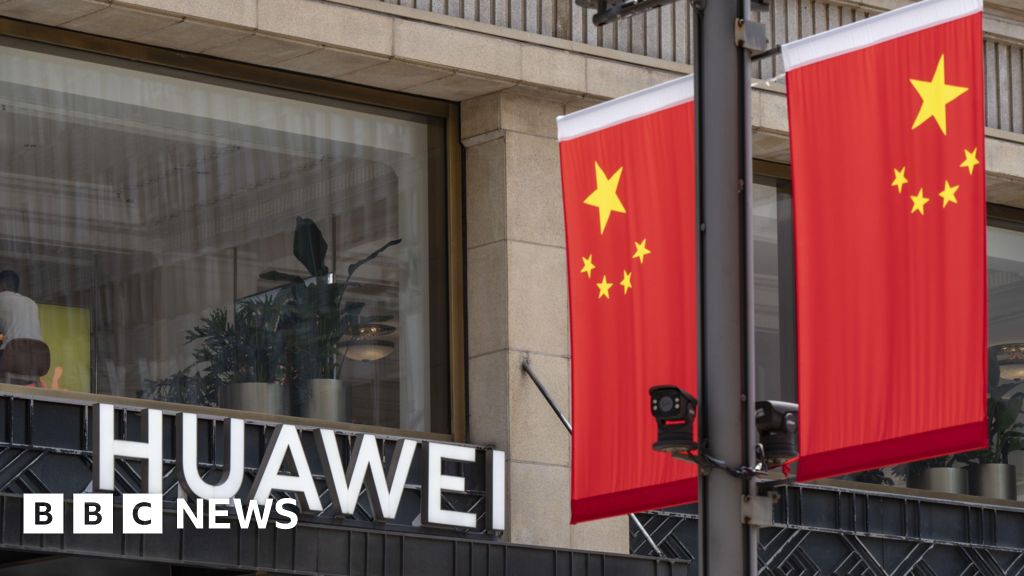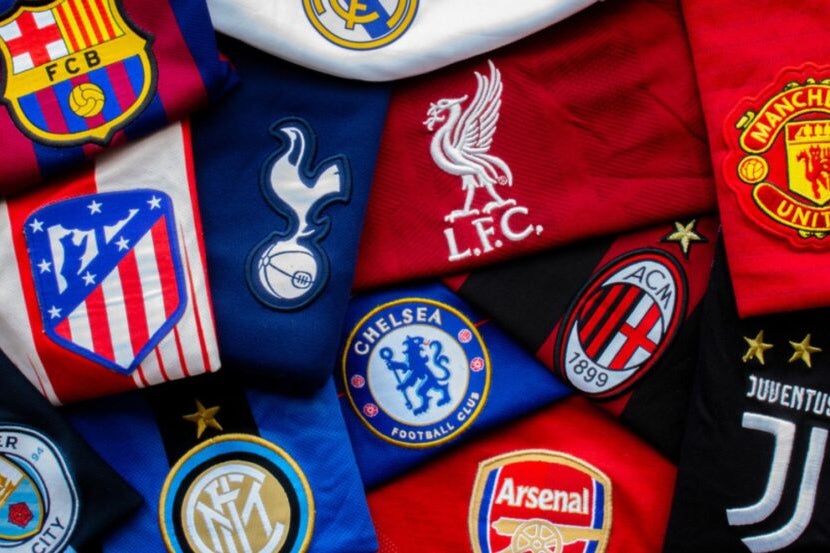The Carnival Vista is scheduled to depart Galveston, Texas, on Saturday afternoon, marking Carnival Trip Line’s first U.S. cruise since the pandemic suspended operations. The cruise will visit Roatan, Belize, and Cozumel over the course of a week. Passengers must present proof of vaccination or have an exemption pre-approved by Carnival, which follows tight criteria. The Carnival Horizon ship will depart Miami the next day. One of the last industries to resume pre-pandemic operations is the cruise industry. The Centers for Disease Control and Prevention recently gave it permission to resume sailing with strong safety precautions in place to avoid the spread of Covid-19 aboard. There had been numerous high-profile outbreaks on ships when the epidemic began. When its Celebrity Edge ship left Miami last Saturday, Royal Caribbean Cruises became the first cruise line to sail a ship from a U.S. port since the outbreak began. The Carnival Breeze, which will depart from Galveston on July 15, is Carnival’s next cruise from a U.S. port. However, the sector is still on high alert. In other nations where vaccination rates are still low, the highly contagious delta form is forcing additional lockdowns. Delta is quickly becoming the most common coronavirus strain in the United States, where more than half of the population gets vaccinated. New Covid cases had been declining for weeks, but this highly infectious type is starting to reverse the trend. Another example is Australia. It had kept Covid instances under control for months, but new cases are suddenly surfacing in numerous places across the country. New limits are being put in place to help control the spread. As a result, Carnival has decided to cancel its Princess Cruises in and out of Australia until December 19, citing persistent uncertainty regarding the region’s cruise industry. Royal Caribbean revised its immunization policy for all cruises excluding those departing from Florida earlier this week. Two unvaccinated guests under the age of 16 tested positive for Covid at the company. It now requires unvaccinated visitors departing from Florida ports to purchase travel insurance. Due to the international character of cruises, industry analysts predict a long road to recovery for cruise lines, with significant challenges ahead. Carnival’s shares has increased by more than 20% this year, valuing the company at slightly over $30 billion. In recent trade, however, the stock has been losing ground. It closed Friday at $26.06, down approximately 17% from its 52-week high of $31.52 set on June 8. “The cruise industry, we believe, will be one of the last to recover from Covid-19. Cruising requires not only the resumption of foreign travel, but also the reopening of ports, the approval of authorities to allow cruising, and the restoration of customer confidence “Jamie Rollo, a Morgan Stanley analyst, said in a research note on Thursday. “As the delta variant spreads and the winter flu season approaches, the chances of further travel restrictions increasing.” Due to a slower-than-expected resumption of cruises and projections of increased cash burn and higher fuel expenses, net of refinancing and stock swap gains, Rollo confirmed his underweight rating on the company and lowered his forecasts for this year and next. In terms of future cruise reservations, despite Carnival categorizing pricing as “solid” in its second-quarter earnings, just approximately a quarter of 2022 has been sold, according to Rollo. Guests rebooking canceled cruises and redeeming their credits are expected to account for roughly half of 2022 bookings, according to the experts. “There is thus a considerable bit of 2022 still to sell, and extrapolating from the modest amount of cash reservations made to date could be misleading,” Rollo noted. “In addition, the initial cruise deployment is primarily domestic and short-duration cruises, which generate lower yields than more exotic/international cruises, which will take longer to recoup.” Carnival could continue burning funds until the third quarter of 2022, he warned, due to the slower-than-expected rate of return. As a result, according to Rollo, Carnival will only be running at 18 percent capacity in the third quarter and 45 percent capacity in the fourth quarter. Argus, on the other hand, keeps the stock at a buy recommendation, citing the company’s plans to resume operations in July. Analyst John Staszak said in a note posted on Tuesday that narrowed losses and increased bookings reflect strong pent-up demand for cruise vacations are also contributing factors to the rating. Despite limited advertising and marketing, Staszak claims that the rate of bookings is ahead of that of 2019. “Carnival intends to have all of its ships deployed by the spring of 2022, in line with its intentions to restart trips. We are optimistic that management’s aims will be met as the number of COVID cases continues to decline “According to Staszak./n
Read MoreCarnival Cruise Line to launch first voyage from U.S. port since last year
2021-07-03T14:30:01-04:00July 3rd, 2021|





